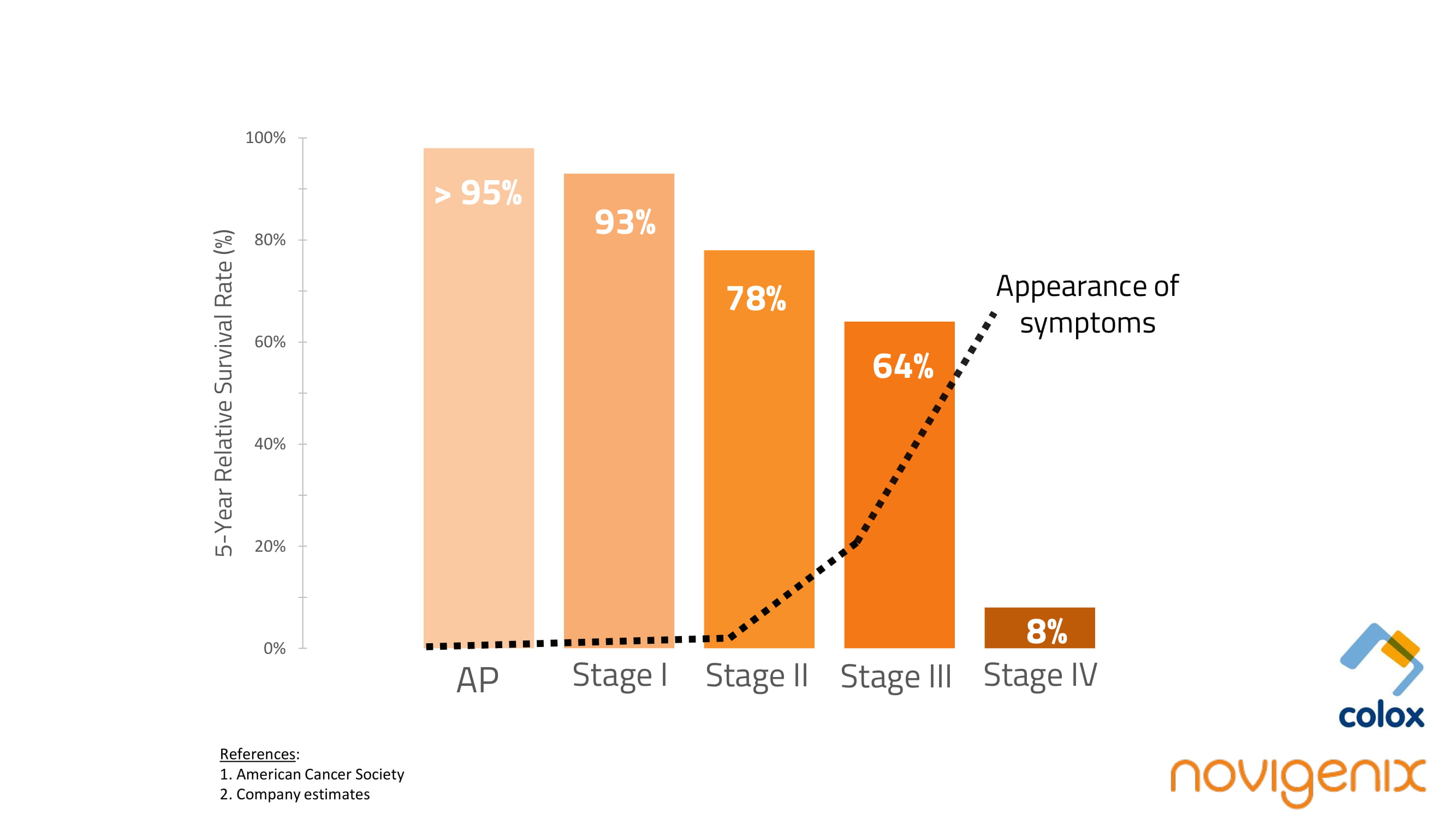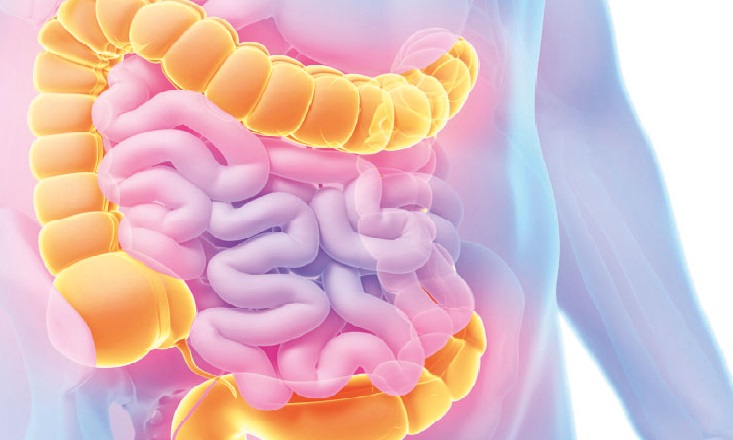Colorectal cancer progresses slowly and doesn’t show signs or symptoms until an advanced stage1. Thus, people who get cancer are diagnosed late whereas an early detection increases the chances of survival. Even if we don’t have to wait for the first symptoms to get screened, it is important to recognize the signs that may be associated to colorectal cancer. In the article from Colorectal Cancer Alliance, you can find symptoms associated to colorectal cancer. The following disorders are cause for alarm. If you notice any symptoms don’t hesitate to make an appointment with your doctor.
For the full article : https://www.ccalliance.org/colorectal-cancer-information/symptoms
> A Change in Bowel Habits
Including diarrhea, constipation, a change in the consistency of your stool or finding your stools are narrower than usual
> Persistent Abdominal Discomfort
Such as cramps, gas, or pain and/or feeling full, bloated or that your bowel does not empty completely
> Rectal Bleeding
Finding blood (either bright red or very dark) in your stool
> Weakness or Fatigue
Can also accompany losing weight for no known reason, nausea or vomiting
Colorectal cancer symptoms can also be associated with many other health conditions. Only a medical professional can determine the cause of your symptoms. Early signs of cancer often do not include pain. It is important not to wait before seeing a doctor. Early detection can save your life.
Cancer detection, survival rate & appearence of symptoms

